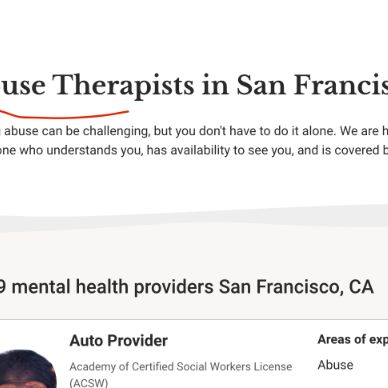Despite their similar names, obsessive-compulsive personality disorder (OCPD) and obsessive-compulsive disorder (OCD) are two very different conditions—each with distinct causes, symptoms, and treatment approaches.
OCPD is a personality disorder, meaning it's rooted in long-standing patterns of thinking and behaving. People with OCPD tend to be perfectionistic, highly organized, and excessively focused on rules, control, and order. These traits are often seen as part of the person’s identity—they feel “right” or justified, even when they cause stress or conflict. This is what psychologists call ego-syntonic, meaning the behaviors align with the person’s self-image.
In contrast, OCD is an anxiety disorder that involves unwanted, intrusive thoughts (obsessions) and repetitive behaviors or rituals (compulsions) performed to relieve distress. These compulsions might involve things like hand-washing, checking locks, or counting. People with OCD are usually aware that their thoughts or behaviors are irrational or excessive, but they feel compelled to act on them anyway. This is known as ego-dystonic—the behaviors feel out of sync with the person’s values or desires.
Another key difference is motivation: someone with OCD may wash their hands repeatedly to stop a feared consequence, while someone with OCPD may insist on doing things a very specific way because they believe it’s the “correct” or most efficient method.
Although both conditions can cause distress and disrupt daily life, they require different therapeutic approaches. That’s why it’s so important to work with a skilled OCPD therapist or psychologist who can offer an accurate diagnosis and a tailored treatment for obsessive-compulsive personality disorder or OCD—depending on your specific needs.













